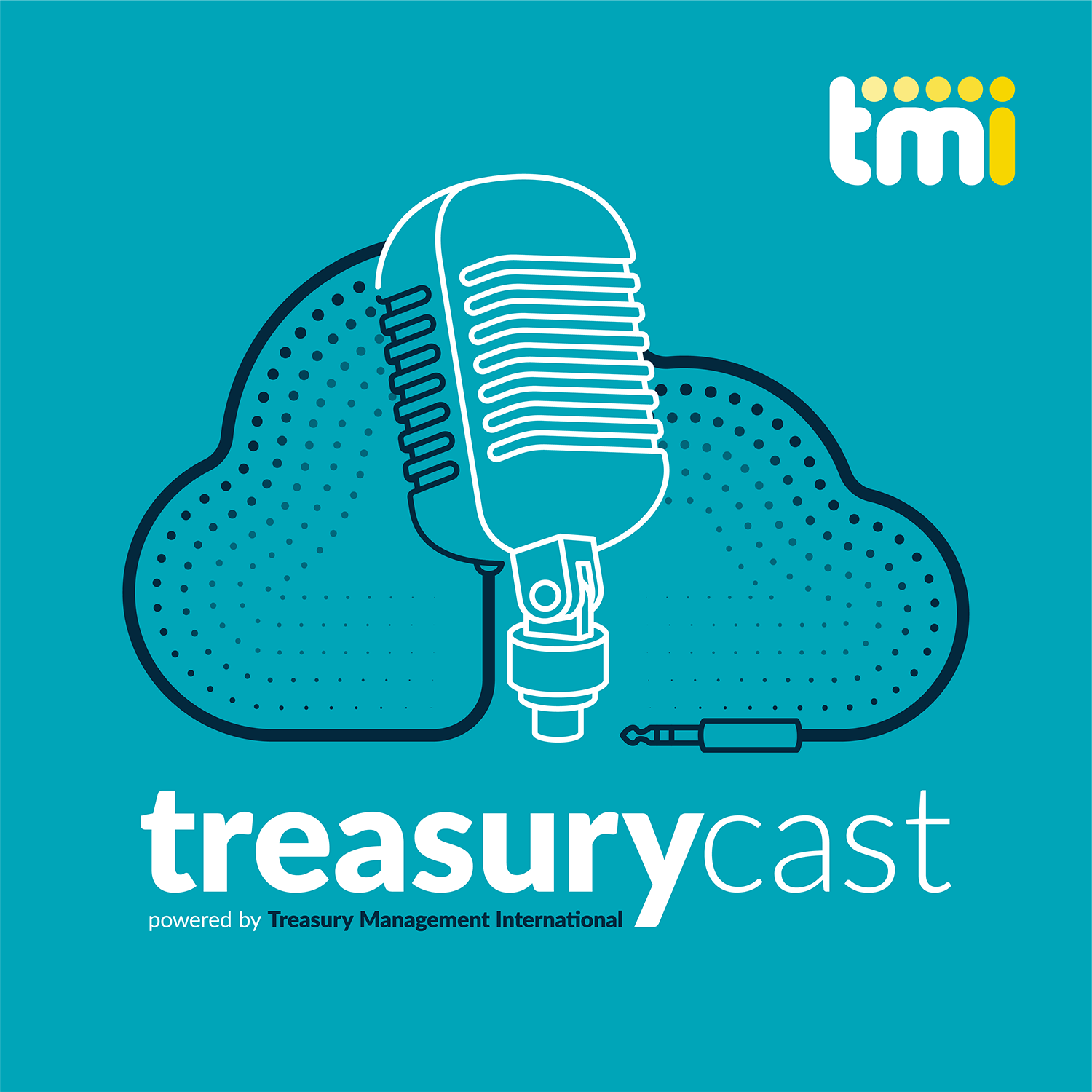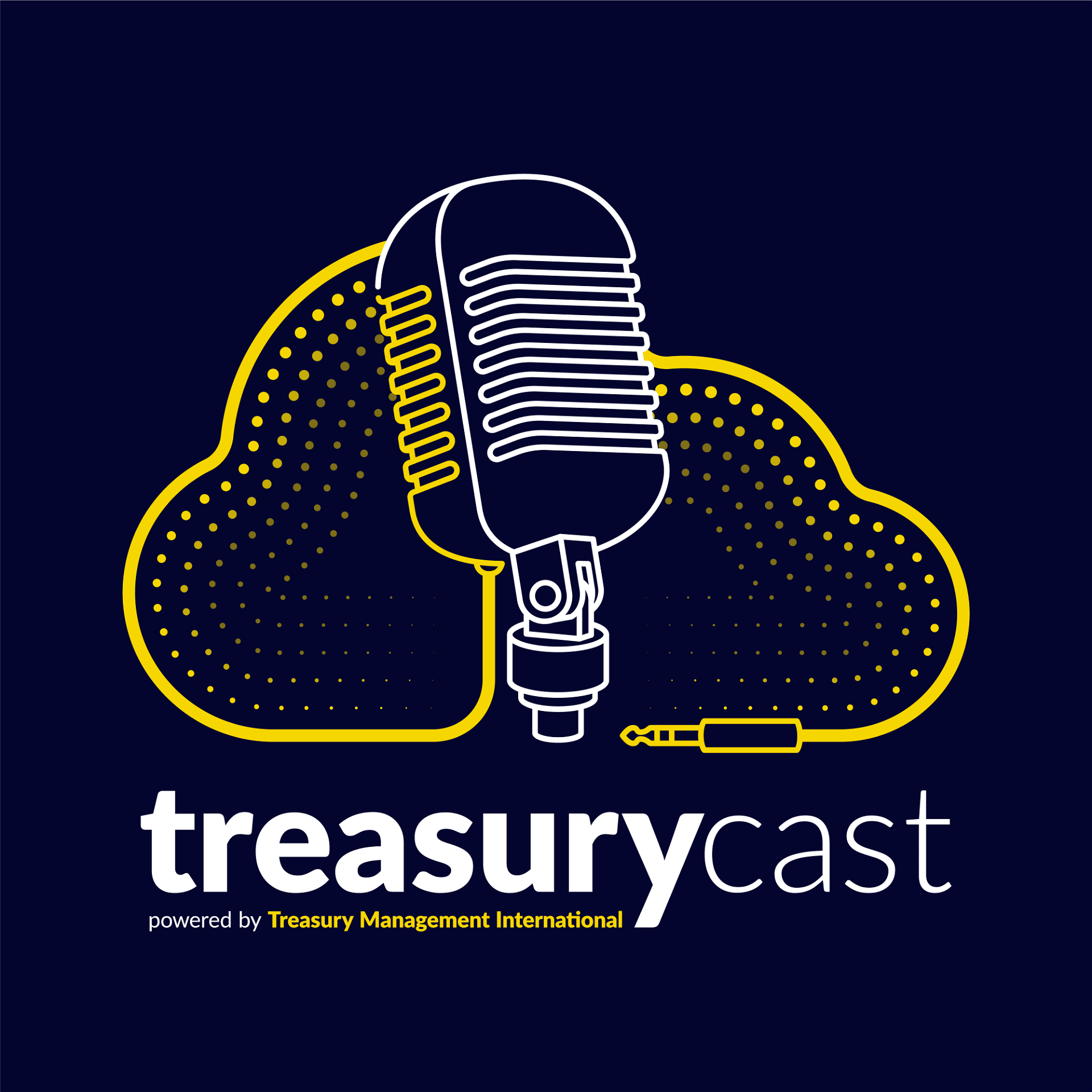London – Citi has released its latest findings from Treasury Diagnostics, its global corporate benchmarking survey designed to help companies assess their treasury, working capital, and risk management practices. The Report, which surveyed the opinions of over 475 large companies from a diverse range of industries and geographies, is titled ‘Balancing Digital Aspirations while Addressing Risk Management Fundamentals’ and highlights key focus areas for corporate treasurers, while revealing that addressing fundamentals remains the most important focus for many.
As we emerge from the global pandemic, many corporate treasuries have established greater resilience across their operations with many now commencing the journey away from the manual processes of the past to adopting new techniques and digital solutions to make ready for the future.
For some, this means future proofing treasury through intelligent automation – initially based on rules and then extending to algorithmic techniques to augment human decision making. For most, however, the report shows that addressing the basic building blocks of data, processes and people to best measure and manage objectives remains the focus.
Digital Aspirations Exist but Infrastructural Challenges Remain
The report finds that there is broad client interest in “all things digital” in treasury and finance, including the utilisation of emerging technologies for process automation and data-led insights.
- 57% of respondents are looking at transformative opportunities across both their core business and treasury function.
- Driving efficiency within treasury and augmenting decision making are now the top two expectations for investing in emerging technologies.
However, many companies need to first focus on the treasury infrastructural fundamentals. The report finds low levels of automation and connectivity with bank systems highlighting the inability of some companies to effectively integrate their technology ecosystem.
- 64% report that their treasury management system (“TMS”) is either not integrated or only partially integrated with their enterprise resource planning (“ERP”), a likely root cause for the significant use of manual processes to support cash flow forecasting.
- 79% report that they do not have a fully integrated TMS/ERP platform with their banks, again explaining the need for manual reconciliations.
- On the plus side, less than half (49%) report multiple e-banking platforms at each location which would indicate a shift to a better use of data provided by banking partners within company infrastructure.
“While Treasury objectives remain constant and digital opportunities exist in how those objectives may be delivered, for most treasuries, fundamentals need to be addressed to lay the technology foundation and data layers for realisation of future aspirations.”
Stephen Randall, Global Head of Liquidity Management Solutions.
Playbooks for Treasury Emerging
Depending on factors such as treasury maturity, legacy infrastructure, appetite to automate and aspirations for the role in which treasury will play, new playbooks for treasury are emerging.
This report introduces the Citi Digital Treasury Index, which assesses companies’digital aspirations and preparedness expressed in their Citi treasury diagnostics responses. The Index provides tangible guidance to companies’ treasuries as to how to commence their journey to digitalisation, the report offers playbooks for treasury. Each playbook is dependent on current levels of treasury maturity, digital effectiveness and future digital aspiration:

- 74% of those surveyed are not yet in a position to fully embrace the digital opportunity of which:
- 32% need to first focus on the treasury fundamentals before they can consider automating through emerging techniques.
- 42% are of sufficient treasury maturity to now consider process automation and leveraging data to augment decisions.
- 25% are in a position of treasury digital maturity to support business growth through data-led initiatives.
“New digital technologies and the evolution of financial services has prompted corporate treasury to rethink its future. Harvesting and utilising data as a means to optimise and meet company risk management objectives is now a top priority amongst many of our clients”
Flavio Figueiredo, Global Head, Rates and Currencies Corporate Sales and Solutions.
Risk Management Fundamentals: Opportunities Remain
While the advent of new digital technologies and the evolution of financial services has prompted corporate treasury to rethink people, technology and processes deployed to manage risk, the fundamentals of treasury best practice remain. This study shows that effective treasury policies, delivered through processes and procedures, managed through key performance indicators is the foundation for achieving financial risk management objectives and a best-in-class treasury function.
- Centralisation of cash and risk remains the mantrawith 63% of companies concentrating cash at global or regional level, with 80% of companies concentrating cash on a daily basis. However, only 61% have more than 75% participation where allowable.
- Despite the availability of advanced cash forecasting technologies, only 34% utilise statistical analysis of previous patterns to predict forward and 80% remain reliant on Microsoft Excel as a component of the tech stack supporting the forecasting process.
- 77% of companies report more than 75% daily visibility of their cash position. Yet despite the availability now for auto-matching technologies, only 41% of survey participants report greater than 75% auto reconciliation levels.
- While 62% of companies reported reducing earnings volatility as a key risk management objective, the number of companies that actually directly hedge earnings translation exposures is quite low (12%).
- Companies surveyed continue to follow a rolling, static, layered, or opportunistic approach to hedging forecasted exposures. However, short-dated hedging continues to be the preferred tenor with forecasting error a cause.
- 43% reported option-based strategies as being permissible with 43% citing exposure uncertainty as the primary reason for their use.
- While 79% of respondents reported having exposures to currencies outside the G-10, two-thirds (66%) report either hedging emerging markets (“EM”) currency and G10 exposures the same, or essentially not hedging EM at all. Costs, market liquidity, and local regulatory considerations were cited as the primary challenges when managing EM currency risk.
“Corporates are now conducting comprehensive policy and ERP/TMS technology reviews with the main question being asked by seniors – where, when and how does currency risk emerge?”
Jaya Dutt, Global Head of Risk Management Solutions.
About Citi Treasury Diagnostics – Balancing Digital Aspirations & Needs while Addressing Risk Management Fundamentals Survey Demographics: Participating companies varied in size, with 64% ranging from $2bn to greater than $25bn in annual turnover and representing all sectors of the economy and all regions across the globe. Respondents shared their views and methodologies pertaining to their operational and financial risk management processes as well as technology.
You can view the digital copy of the report here





